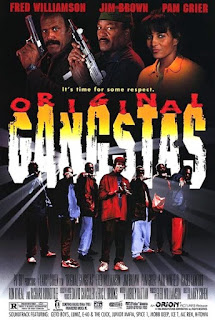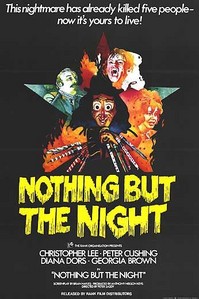Star Wars: The Last Jedi (2017)

It has now been two years since Star Wars: The Force Awakens was released. True to current fandom, about a month or so was spent praising it for bringing back the feel of the Star Wars franchise after the lackluster prequels. The rest of the time? Complaining that it was a rehash of the original movie, while speculating on Rey's parents and who this Snoke guy was. While some explanations fit in with the new canon, much of what could explain the rise of the First Order was wiped out when years of world building was relegated to "Legends" status. I will give some credit where it is due. While expanding the Star Wars universe and adding some interesting new characters, while dispatching an old favorite, The Force Awakens felt like it had to in some ways incorporate elements of Star Wars in order to put things back on track. What was truly unexpected would be that Rogue One: A Star Wars Story , the first entry in the standalone series of movies, wou...










